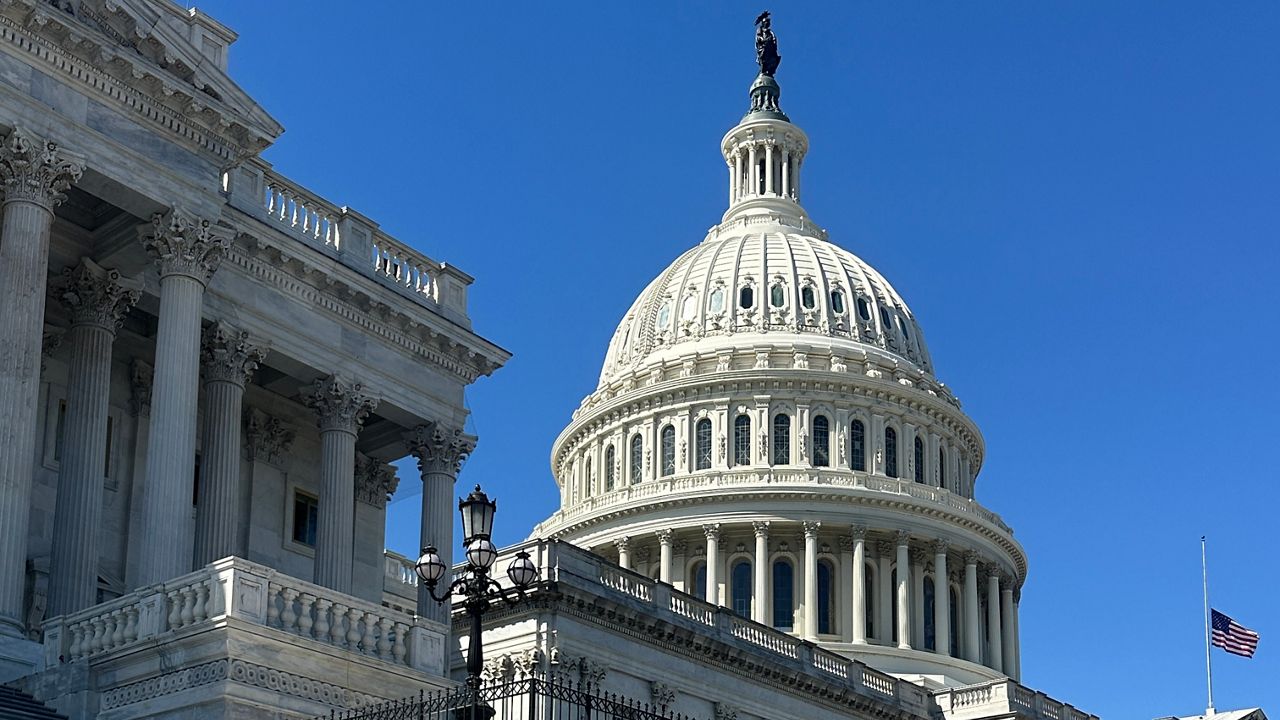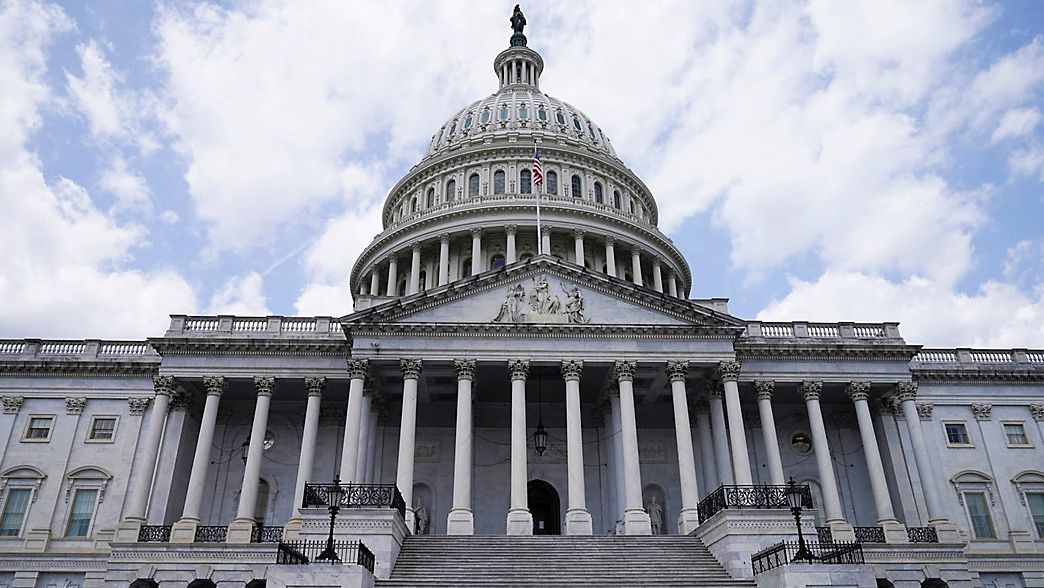FRANKFORT, Ky. — Lawmakers are renewing their fight to eliminate diversity, equity and inclusion (DEI) from multiple facets of life in Kentucky, including public K through 12 and postsecondary institutions.
Much like the President Donald Trump's administration, Kentucky Republicans are cracking down on diversity, equity and inclusion initiatives they have said provide differential treatment based on a person’s skin color, race, gender or sexual orientation. State Sen. Lindsey Tichenor, R-Smithfield, filed two bills Thursday.
“We hear diversity, equity and inclusion; the words in and of themselves sound fine, but what’s behind them is causing division," Tichenor said. "The diversity movement, the inclusive movement, the equity movement; if you don’t agree with those things, you’re separated."
Tichenor filed Senate Bills 164 and 165. SB 165 prohibits public schools from maintaining a DEI office, teaching so-called "discriminatory concepts" and prohibits any DEI training, among other things.
“This will help to return schools back to the basics of educating our students and that focus back on academic excellence, which we’ve seen fall away in recent decades," Tichenor said.
SB 164 extends the same principles to state and local government agencies. Tichenor said actions from Trump at the federal level inspired her to file this bill.
"We want to hire people based on skill level, not necessarily based on their skin color or sexual identity or sex. It just needs to be, are you able and capable to do this job?" “It’s back to merit," Tichenor said. "We want to hire people based on skill level, not necessarily based on their skin color or sexual identity or sex. It just needs to be, are you able and capable to do this job?"
In the House, State Rep. Jennifer Decker, R-Waddy, re-filed legislation eliminating DEI offices, DEI officers and teaching of "discriminatory concepts," among other things, at colleges. Many universities have already eliminated DEI offices.
Last year, both chambers introduced legislation pertaining to DEI in higher education. However, both chambers failed to agree which bill to pass.
Rebecca Ballard DiLoreto, a member of the Lexington NAACP and executive director of Institute for Compassion in Justice, said eliminating DEI is a step backwards.
“I think it’s short-sighted," DiLoreto said. "I think that in many areas of government service, you must have diversity for those who are charged with carrying out the laws to do their job effectively."
DiLoreto said she thinks if these bills become law, it will lead to a less diverse workforce.
“I think the message is hire white and hire white males," DiLoreto said. "If you do that, that’s the most conservative way to avoid the litigation these bills will subject our government entities to."“I think the message is hire white and hire white males," DiLoreto said. "If you do that, that’s the most conservative way to avoid the litigation these bills will subject our government entities to."
The Senate bills are awaiting to be assigned to committee. House Bill 4 has been assigned to the House’s postsecondary education committee.
“We are closely monitoring this bill and other proposed legislation and will comply with any laws that are enacted," said Dia Davidson-Smith, Fayette County Public Schools spokesperson, on Senate Bill 165. "Our priority remains steadfast … supporting our students and delivering a world-class education to every child who enters one of our classrooms each day.”
"JCPS has narrowed the graduation and postsecondary readiness gaps between white and Black students in large part because of our focus on equity," Jefferson County Public Schools said in a statement. "JCPS has made these tremendous gains without engaging in any of the discriminatory or preferential actions SB 165 seeks to ban."
"That said, this legislation threatens to reverse the progress our students have made, as well as the jobs of JCPS staff, who work hard every day to help our students make positive gains in academics and life skills."












